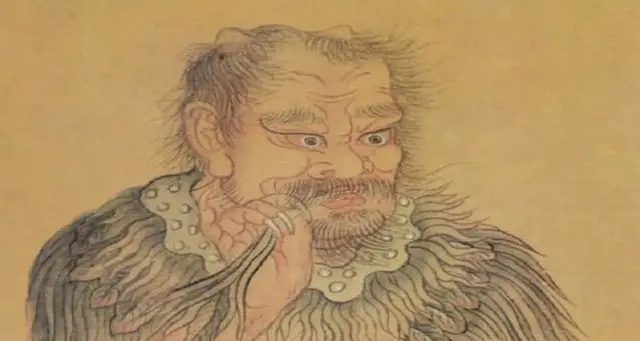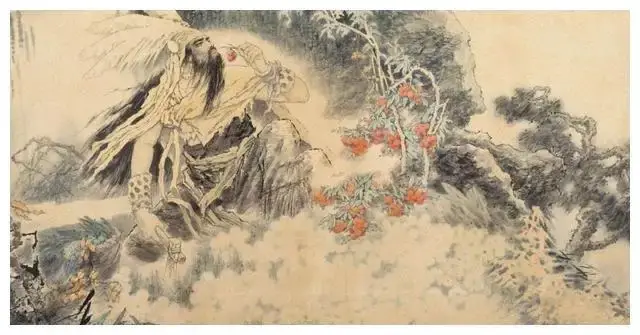Shennong was an ancient Chinese emperor famous for his farming and herbal medicine discovery. He is believed to be the pioneer of most agricultural practices in China. He also contributed significantly to the domestication of animals such as horses and oxen.
Who is Shennong?

Shennong was a renowned Chinese ruler who is believed to be one of the Three Patrons and celebrated as a god in Vietnamese folk and Chinese religion. In both China and Vietnam, He is hailed as a cultural hero. Among his most notable achievements was that he introduced farming in China. His name translates to divine farmer or Husbandman. It is claimed that Shennong invented the plow and a cart and that he was responsible for taming horses and oxen. Additionally, Shennong established agriculture by teaching his people how to clear the land with fire and how to plant. Shennong also contributed to herbal medicine in China by discovering close to 400 species of plants that have medicinal value.
When was Shennong alive?
There is no reliable record that indicates when Shennong was born. However, he is believed to have lived in 27 BCE and 28 BCE. The Chinese and Vietnamese sacrifice animals such as pigs, oxen, and sheep on the twenty-sixth day of the fourth month of the lunar calendar to celebrate his birthday. He lived just before the Xia dynasty. His life is not adequately documented because the Chinese did not have a durable writing medium.
Shennong Bencao Jing

Shennong Bencao Jing was the book where agricultural practices and medicinal plants ascribed to Shennong were documented. The book existed in three volumes. The volumes consisted of a record of 365 plants, their description, therapeutic value, and use. The three volumes were divided into 125 plants that have adverse effects on humans and may sometimes be poisonous, 120 healing herbs that contain toxic substances, and 120 plants that heal but are not harmful to humans.
Shennong Tea
Shennong discovered tea in 2737 BCE. The tea leaves accidentally dropped into Shennong’s drinking water as it boiled. The servant did not notice the leaf, and when Shennong drank the boiled water with tea leaf in it, he discovered it was better than plain water and began using it in his boiled water.
Shennong Age of Mythology
In the age of mythology, Shennong is described as a god with a head of an ox. His skull was made of iron, and his forehead was bronze. He descended to educate humans on how to produce food through farming and understand medicinal plants. His knowledge and skills in agriculture, medicine, domestication of animals, and technology, such as making a plow and a cart, were divine.
Conclusion
Although much is unknown about Shennong, his divine knowledge of agriculture and medicine is unparalleled. He made one of the most outstanding contributions to the Chinese way of life. Shennong Bencao Jing was a significant contribution to Chinese herbal medicine and had important implications in the modern world. Shennong continues to be celebrated as a king and a god.
